Dr Michał Folwarczny
Lecturer in Marketing
J.E. Cairnes School of Business and Economics, University of Galway


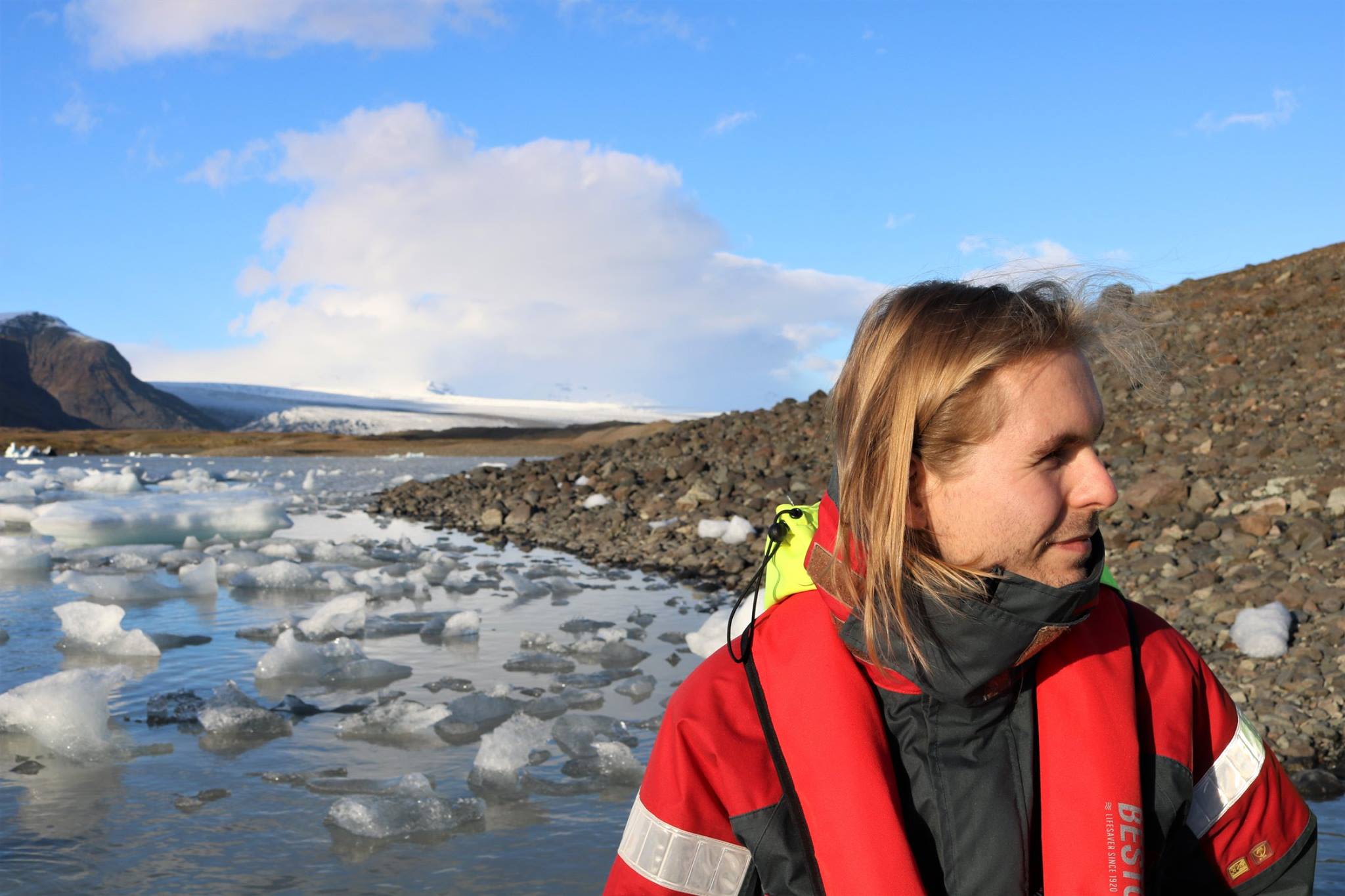
Michał's research focuses on the predictors of sustainable food choices and preferences. He integrates social, evolutionary and consumer psychology to explore the underlying reasons why consumers choose foods that are detrimental to their health and wellbeing and to the environment. Michał employs a variety of quantitative research methodologies, including online, laboratory and field experiments, web-scraping, and the development of psychometric scales. His work has been published in outlets such as the European Journal of Marketing, Journal of Business Research, Current Opinion in Food Science and Journal of Sustainable Marketing.
Michał's work contributes to these SDGs
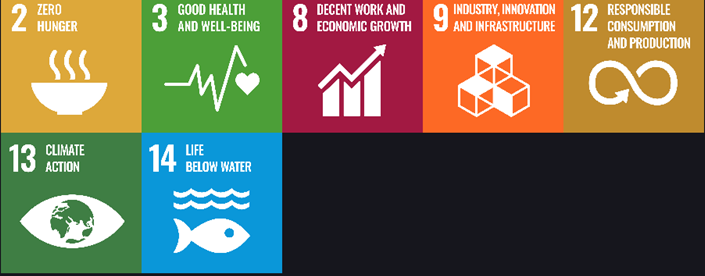
Key Target: 3.4 Reduce mortality from non-communicable diseases and promote mental health
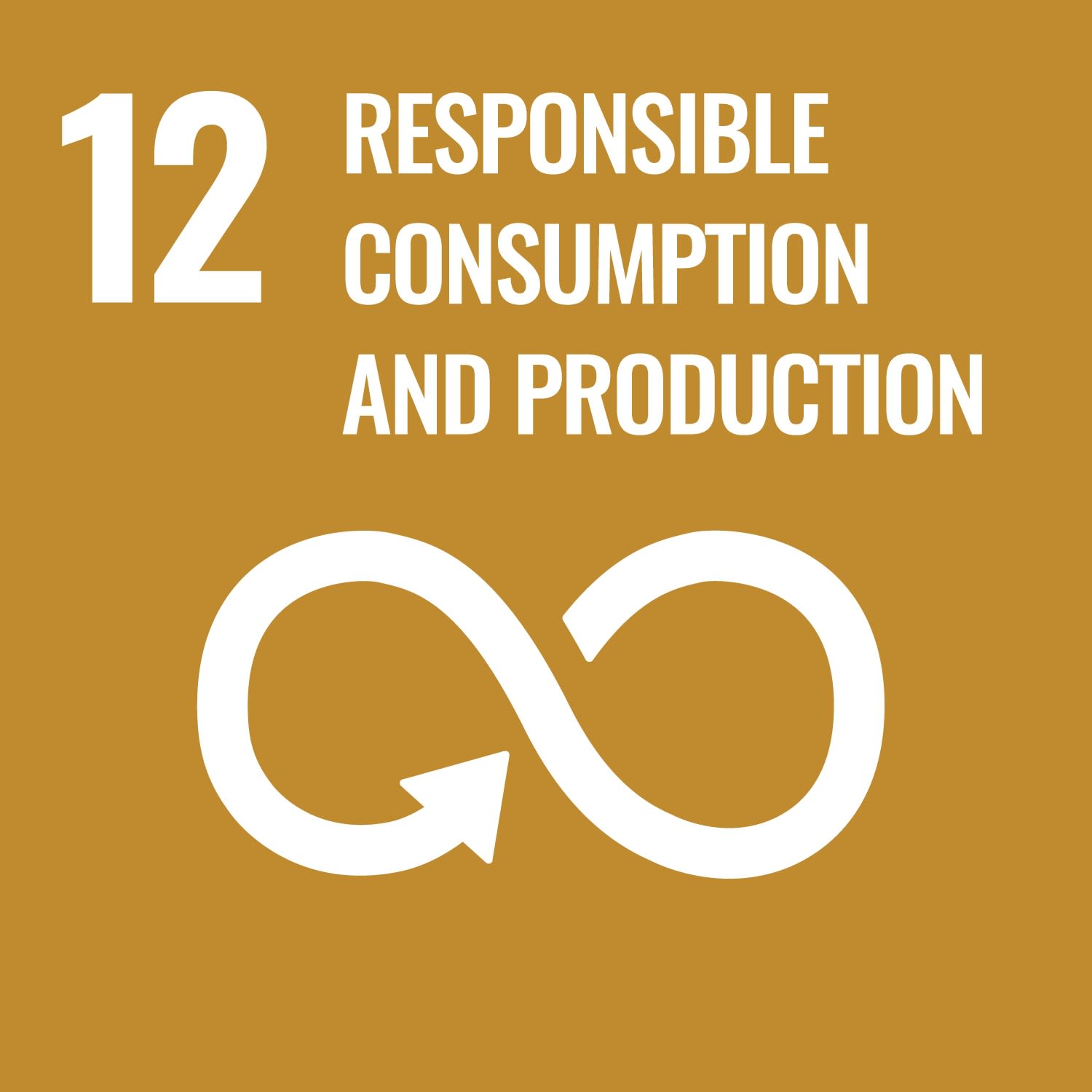
Teaching
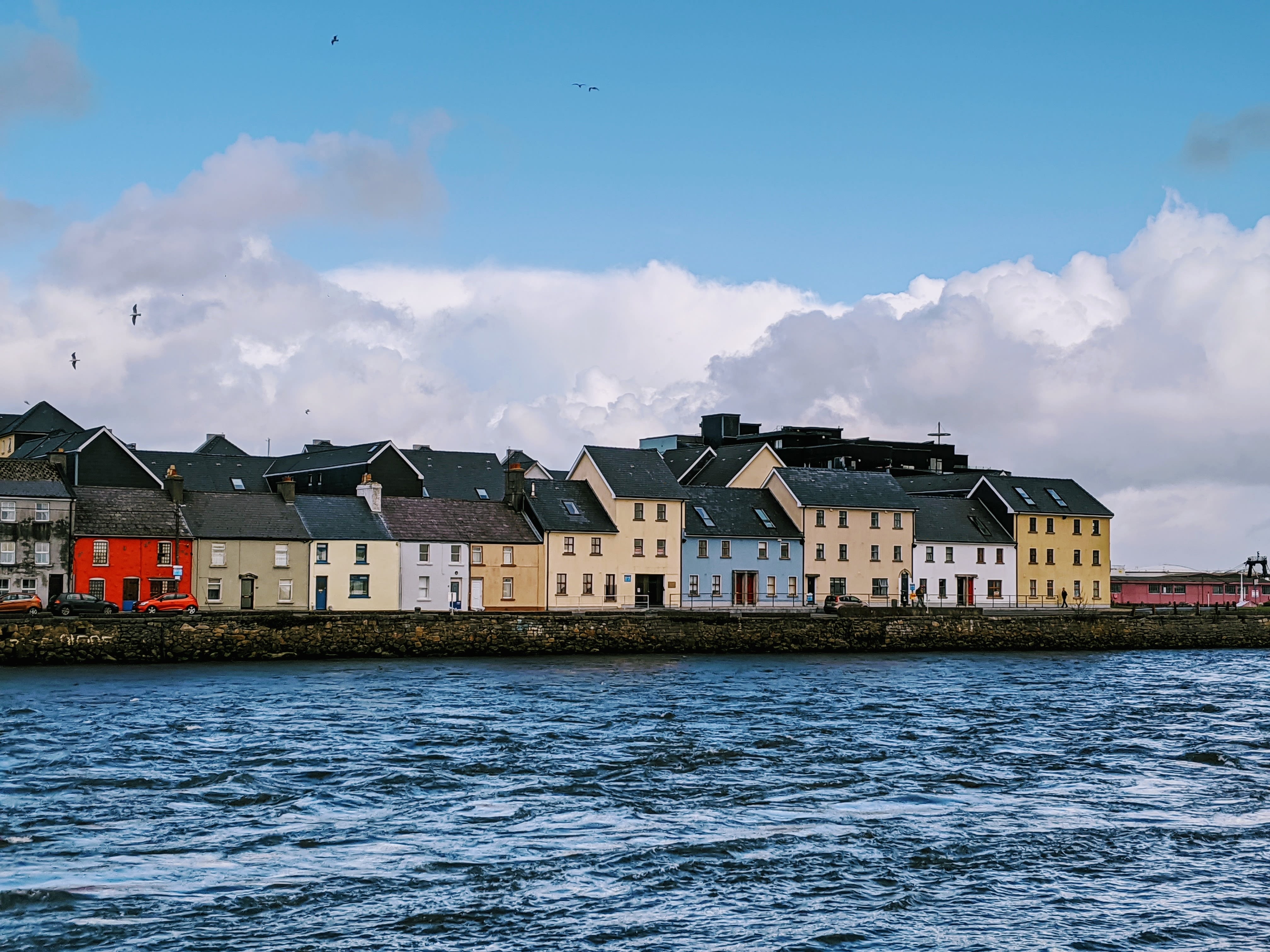
Marketing Performance & Productivity: In this module, students were introduced to methods for measuring the sustainability performance of businesses. They learned about concepts such as greenwashing and the risks associated with inadequate sustainability policies. Additionally, they explored examples of sustainability reporting from some of the largest companies on the Fortune 500 list. They also saw examples of nudges used to promote sustainable behaviours among tourists.
Supporting Targets: 8.9 Promote beneficial and sustainable tourism; 12.2 Sustainable management and use of natural resources; 16.7 Ensure responsive, inclusive and representative decision-making
Engagement
Michał's engagement activities include collaborating with media outlets such as Acaudio and journalists interested in academic research, aiming to raise awareness of the mechanisms behind unsustainable and harmful food choices. He seeks to inform the public about the risks associated with the multitude of food decisions they make each day, impacting both personal wellbeing and the environment. Furthermore, Michał actively pursues funding and engages in international research projects aimed at promoting the sustainable consumption of seafood.
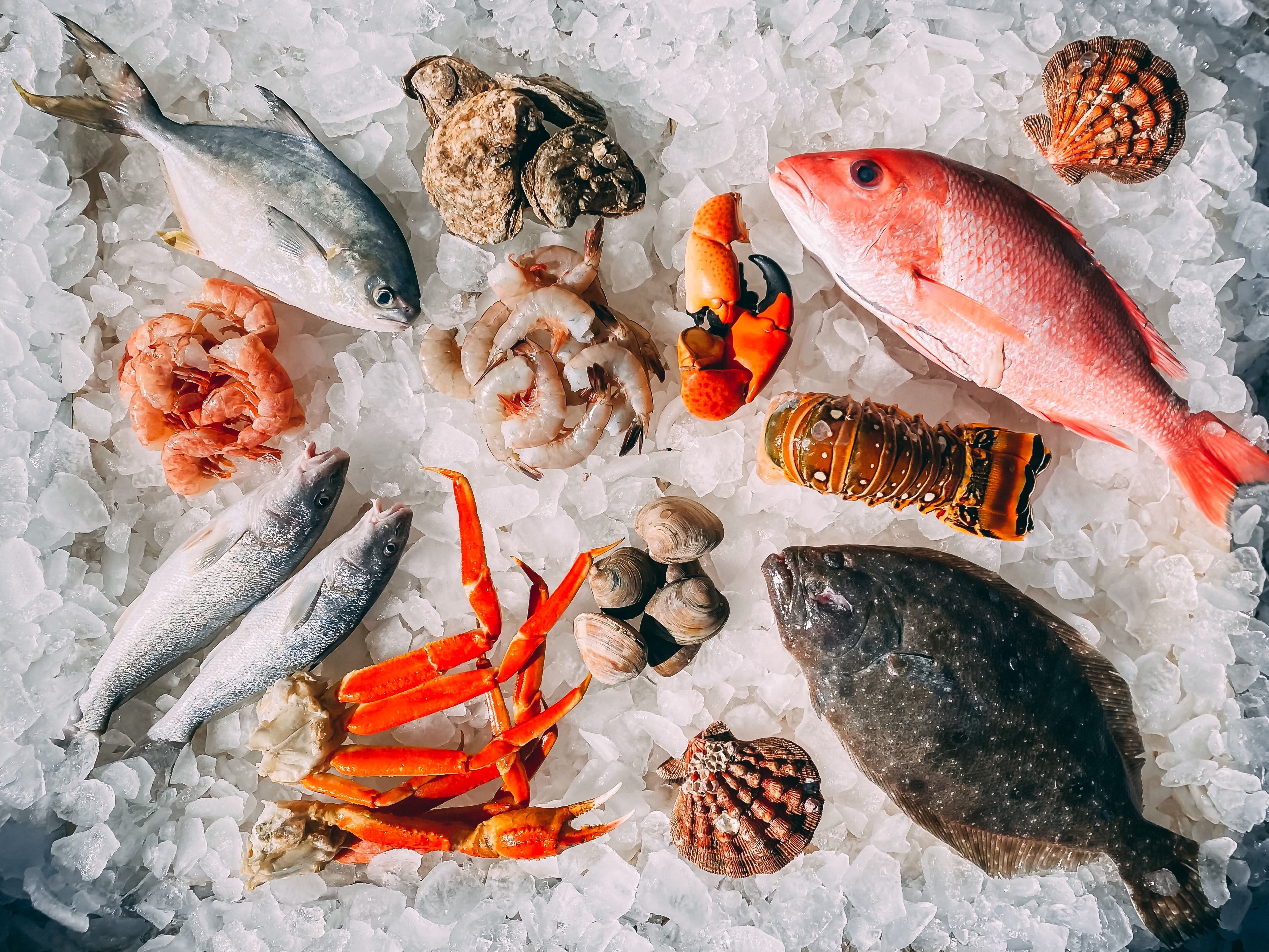
Direct impact SDG Targets
2.1 - Universal access to safe and nutritious food
2.4 - Sustainable food production and resilient agricultural practices
3.4 - Reduce mortality from non-communicable diseases and promote mental health
8.1 - Sustainable economic growth
8.9 - Promote beneficial and sustainable tourism
9.2 - Promote inclusive and sustainable industrialization
12.2 - Sustainable management and use of natural resources
13.2 - Integrate climate change measures into policies and planning
14.4 - Sustainable fishing
14.6 - End subsidies contributing to overfishing
14.7 - Increase the economic benefits from sustainable use of marine resources
14.B - Support small scale fishers
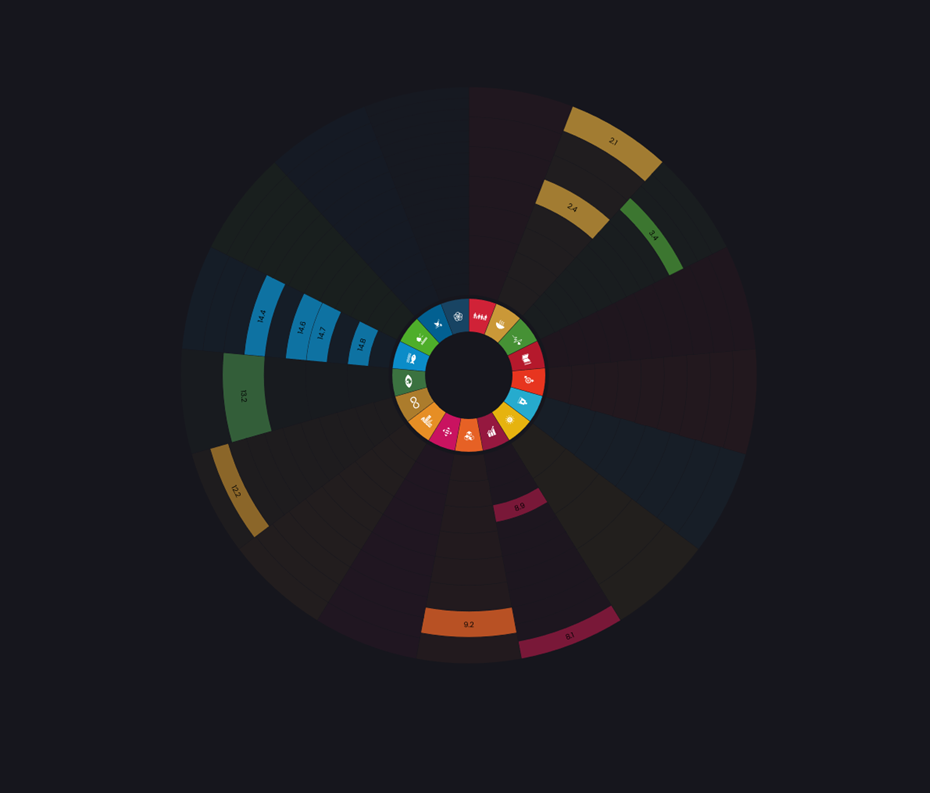
Research

Featured Publications
|
References |
SDGs |
|---|---|
|
Folwarczny, M., Li, N. P., Sigurdsson, V. and 2 more (...) (2021). Development and psychometric evaluation of the Anticipated Food Scarcity Scale (AFSS). Appetite, 166. |
1; 2 |
|
Folwarczny, M., Otterbring, T. (2021). Secure and sustainable but not as prominent among the ambivalent: Attachment style and proenvironmental consumption. Personality and Individual Differences, 183. |
12 |
|
Swami, V., Tran, U. S., Stieger, S. and 250 more (...) (2023). Body appreciation around the world: Measurement invariance of the Body Appreciation Scale-2 (BAS-2) across 65 nations, 40 languages, gender identities, and age. Body Image, 46449-46466. |
1; 10 |
|
Otterbring, T., Gasiorowska, A., Folwarczny, M. (2023). Editorial: Impression management strategies and environmental cues as focal factors in food research. Frontiers in Nutrition, 10. |
12 |
|
Otterbring, T., Folwarczny, M. (2022). Firstborns buy better for the greater good: Birth order differences in green consumption values. Personality and Individual Differences, 186. |
12; 13 |
|
Sigurdsson, V., Larsen, N. M., Pálsdóttir, R. G. and 3 more (...) (2022). Increasing the effectiveness of ecological food signaling: Comparing sustainability tags with eco-labels. Journal of Business Research, 1391099-1391110. |
12; 14 |
|
Folwarczny, M., Otterbring, T., Sigurdsson, V. and 1 more (...) (2022). Seasonal cues to food scarcity and calorie cravings: Winter cues elicit preferences for energy-dense foods. Food Quality and Preference, 96. |
2; 3 |
|
Otterbring, T., Festila, A., Folwarczny, M. (2021). Selfless or Selfish? The impact of message framing and egoistic motivation on narcissists’ compliance with preventive health behaviors during COVID-19. Current Research in Ecological and Social Psychology, 2. |
3 |
|
Otterbring, T., Bhatnagar, R., Folwarczny, M. (2022). Selecting the special or choosing the common? A high-powered conceptual replication of Kim and Markus’ (1999) pen study. Journal of Social Psychology. |
8 |
